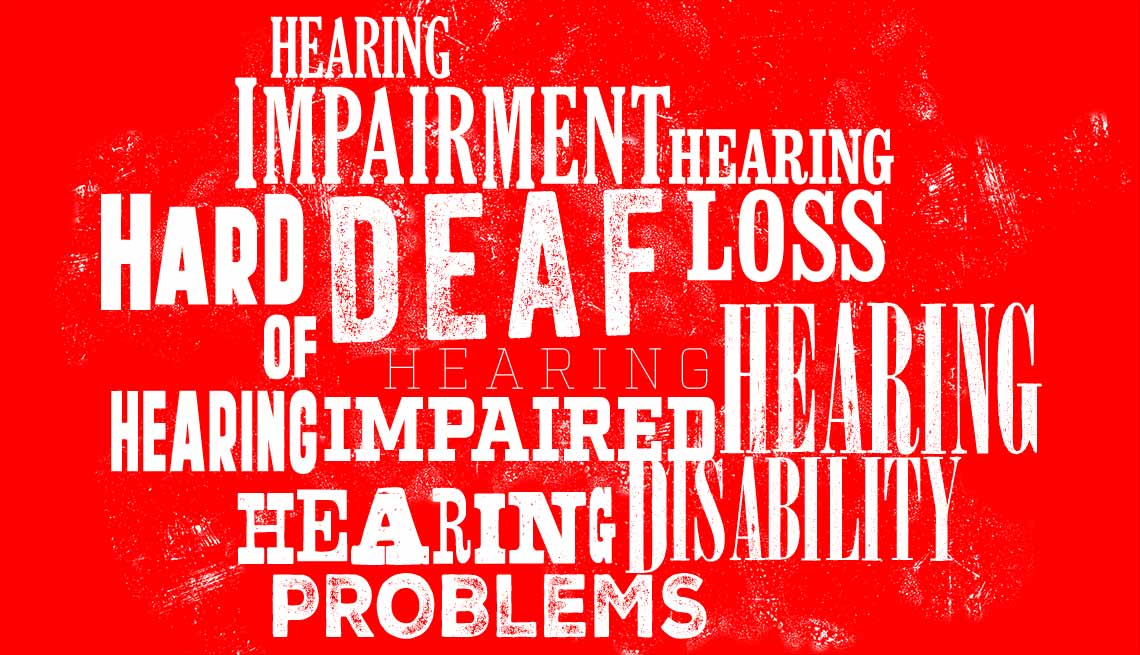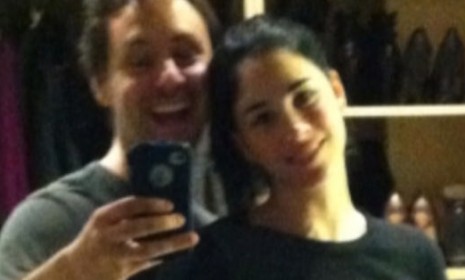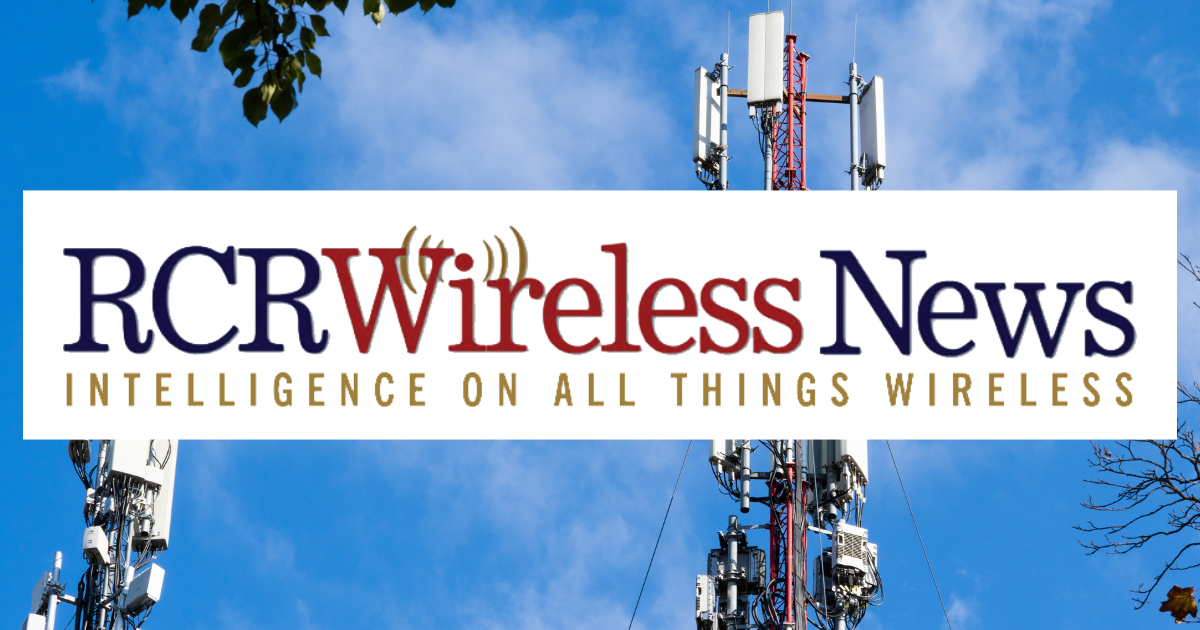
- Select a language for the TTS:
- UK English Female
- UK English Male
- US English Female
- US English Male
- Australian Female
- Australian Male
- Language selected: (auto detect) - EN
Play all audios:
PEOPLE WITH HEARING LOSS The only term that seems to be accepted by everyone is "people with hearing loss." There are two problems with that phrase: It's cumbersome and it has
no easy singular. I don't think many people would say, "I am a person with hearing loss." You might say, "I have a hearing loss," or, as I often do, "I have a
hearing impairment." However, a number of national organizations have chosen to shift away from using hearing loss altogether in favor of more positive language. The Hearing Association
of New Zealand began as the League for Hard of Hearing. Better Hearing Australia avoids any suggestion of disability. Britain's Royal National Institute for Deaf People (RNID), founded
in 1911, changed its name 100 years later to Action on Hearing Loss. HARD OF HEARING Several hearing associations, including the Canadian Hard of Hearing Association (CHHA) and the
International Federation of Hard of Hearing People (IFHOH), use this term. The Hearing Loss Association of America was originally called Self Help for Hard of Hearing People, or SHHH. These
days "hard of hearing" sounds old-fashioned. DEAF I often use this in casual conversation, but not in my writing, because in fact I am profoundly deaf in one ear and have limited
hearing in the other. As I said in my book, _Shouting Won't Help_, the term "deaf" is politically incorrect for someone like me, but I still like to use it. It's blunt
and sassy. It's a way to talk back to my hearing loss. HAVING DISABILITIES, BUT NOT DISABLED "People with disabilities" is the preferred term because it refers to people as
people, not as their disability. But even some advocacy organizations use "disabled." The newspaper _Able_ describes itself as a newspaper "positively for, by and about the
Disabled." Disabled American Veterans has held onto its name despite the turn in fashion. But consider that the act that protects people with disabilities is called the Americans With
Disabilities Act, not the Disabled Americans Act. The point, advises the disability advocacy group Mobility International USA, is to "put people first." The group urges using
positive language that avoids referring to people with disabilities as "the disabled, the blind, the epileptics, a quadriplegic," etc. "It is fine to say 'person with a
disability,' but terms like 'challenged' and 'the disabled' have fallen out of favor." When in doubt about what term to use, ask. In other words, people with
disabilities, including hearing loss, want to be recognized because they want equal access, but that doesn't mean they want to be defined by their disability. When thinking about the
language of disability, keep those principles in mind.









